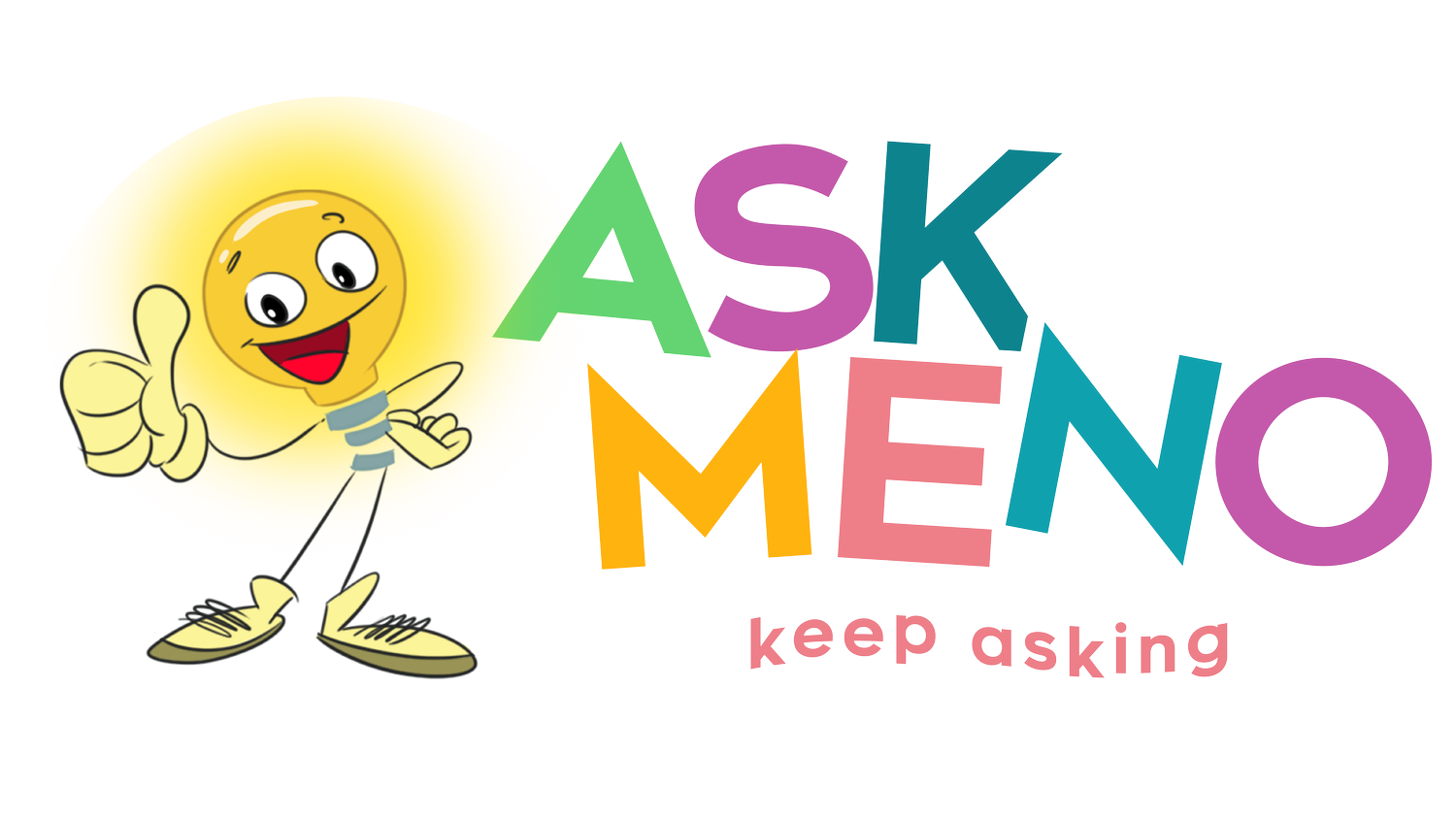Thrive-by-five, Strive-for-Five framework
We came across a recent academic article and a TED talk¹ on brain science that essentially reveal the same thing:
💡 Extended conversations are not happening enough in the Pre-K–1st grade classroom, yet they have enormous potential to lay the foundation for literacy.²
How can we achieve these extended conversations in a Science of Reading context? The answer is by using the “strive-for-five framework” which enables learners to “thrive by five.”
What is this framework? Let's look at a fun classroom example involving a conversation with an animated, interactive virtual character. After the class listens to a read aloud, the main character comes alive for students to converse with in a game where learners ask about what they see, hear, and think:
1️⃣ Conversational Turn 1 - Learner: [to virtual character] "George, why is there a cow in the kitchen?”
2️⃣ Conversational Turn 2 - Virtual George: “The cow is in the kitchen because I forgot to do my chores.”
3️⃣ Conversational Turn 3 - Teacher: [to learner] "Do you have chores at home?”
4️⃣ Conversational Turn 4 - Learner: “brush teeth and clean room.”
5️⃣ Conversational Turn 5 - Teacher: “Yes, you brush your teeth and clean your room. Those are important chores. And you know what? You just made a timeline of chores!”
Research shows that class conversations typically end by the 3rd turn, leaving out important opportunities for modeling new vocabulary, building background knowledge, and eliciting abstract thinking.² In fact, the example above is rare because much of the conversation involves the teacher asking all the academic questions rather than the student. [For more on this]
When districts become more intentional in setting goals related to extended conversations, a culture of belonging is established, and students feel more heard and interested in them.
—--
Sources:
¹https://www.ted.com/talks/molly_wright_how_every_child_can_thrive_by_five
²Cabell, S.Q. and Zucker, T.A. (2024), "Using Strive-for-Five Conversations to Strengthen Language Comprehension in Preschool through Grade One." The Reading Teacher, 77: 522-532. https://doi.org/10.1002/trtr.2266
About AskMeno
AskMeno is dedicated to helping early-childhood leaders build the foundational oral language and social skills necessary for their young scholars’ reading comprehension and emotional wellbeing. AskMeno provides a play-based, teacher-facilitated supplemental curriculum that systematically and explicitly develops oral language and social skills through scaffolded, fun, and engaging learning activities.






